Adaptivity in numerical PDEs refers to the data-dependent adaptation of the numerical discretisation of PDEs with the aim of improving the quality-cost balance. It is often only adaptivity that allows precise numerical simulation of complex physical processes. As the target function is typically unknown, adaptivity is usually organised iteratively, with decisions being made in each iteration based on a posteriori error indicators to adaptively improve the next iteration. Because of the early recognized enormous advantages of adaptive methods in practical applications it has become an indispensable tool in scientific computing and engineering sciences. In addition, a well-founded mathematical theory for basic modelling problems has been developed over the last three decades, which has been recently successively extended to larger problem classes, such as time-dependent problems, and includes more and more aspects, such as adaptive numerical solvers and strictly equivalent a posteriori bounds.
The workshop aims to present the latest developments in practical applications and theoretical findings in the field of adaptivity.
This workshop will have connections the the FoCM workshops “Approximation Theory and Computational Harmonic Analysis”, “Foundations of Numerical PDEs”, and “Numerical Linear Algebra”.
Organizers
Speakers
Invited speakers
TU Chemnitz
U. of Leicester and National Technical U. of Athens
University College London
University of Birmingham
University of Florence
University of Leipzig
TU Wien
Pontificia U. Católica de Chile
TU Darmstadt
Bielefeld University
University of Limerick
University of Milan
Friedrich Schiller University Jena
U.Técnica Federico Santa María
Università degli Studi di Milano
University of Bonn
University of Leipzig
Inria Paris
